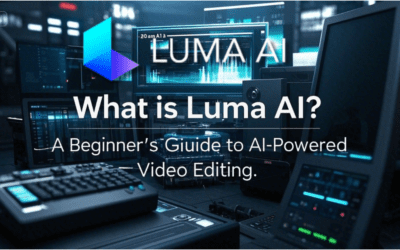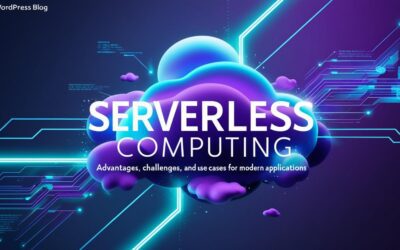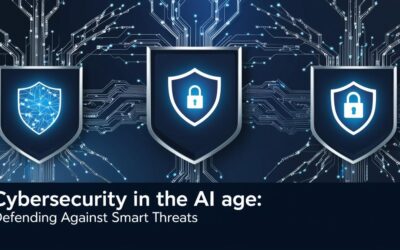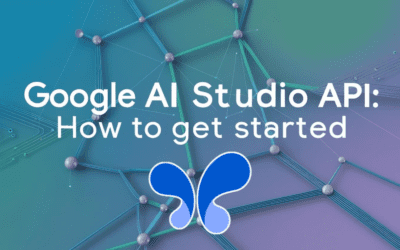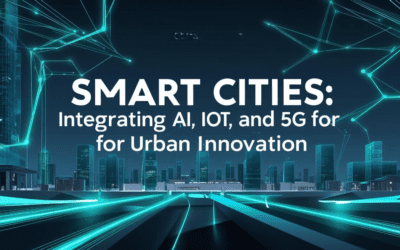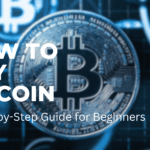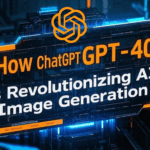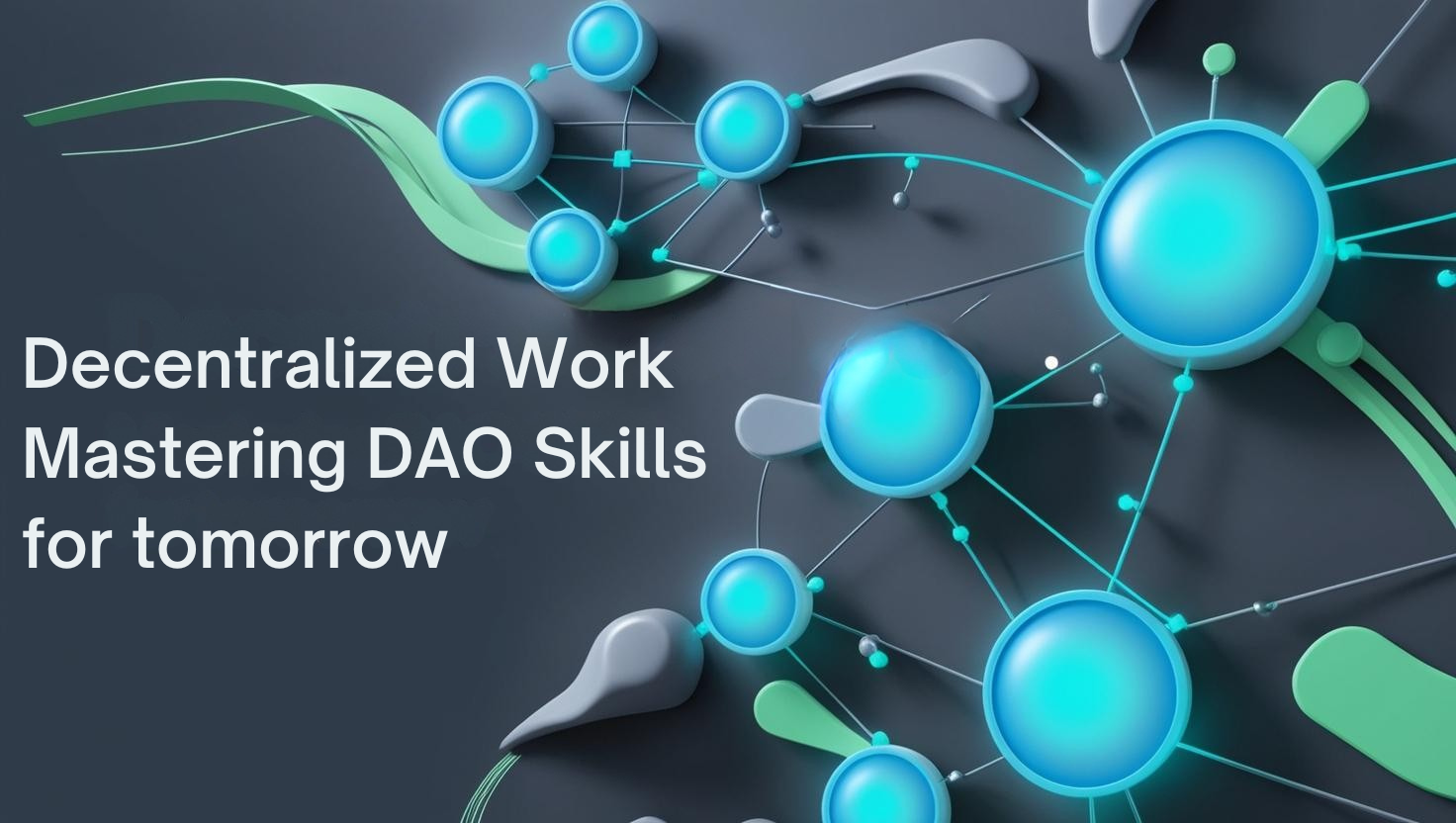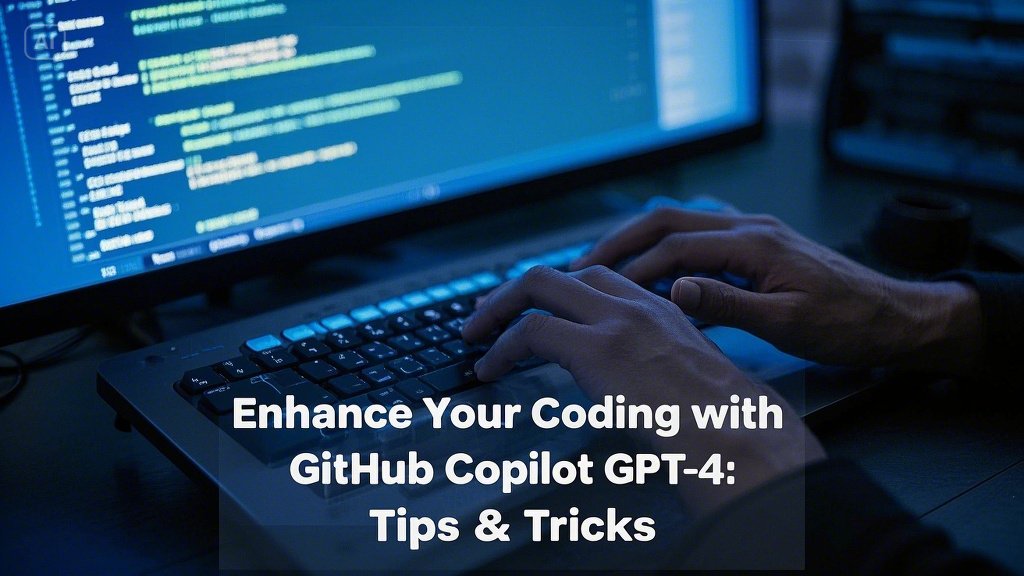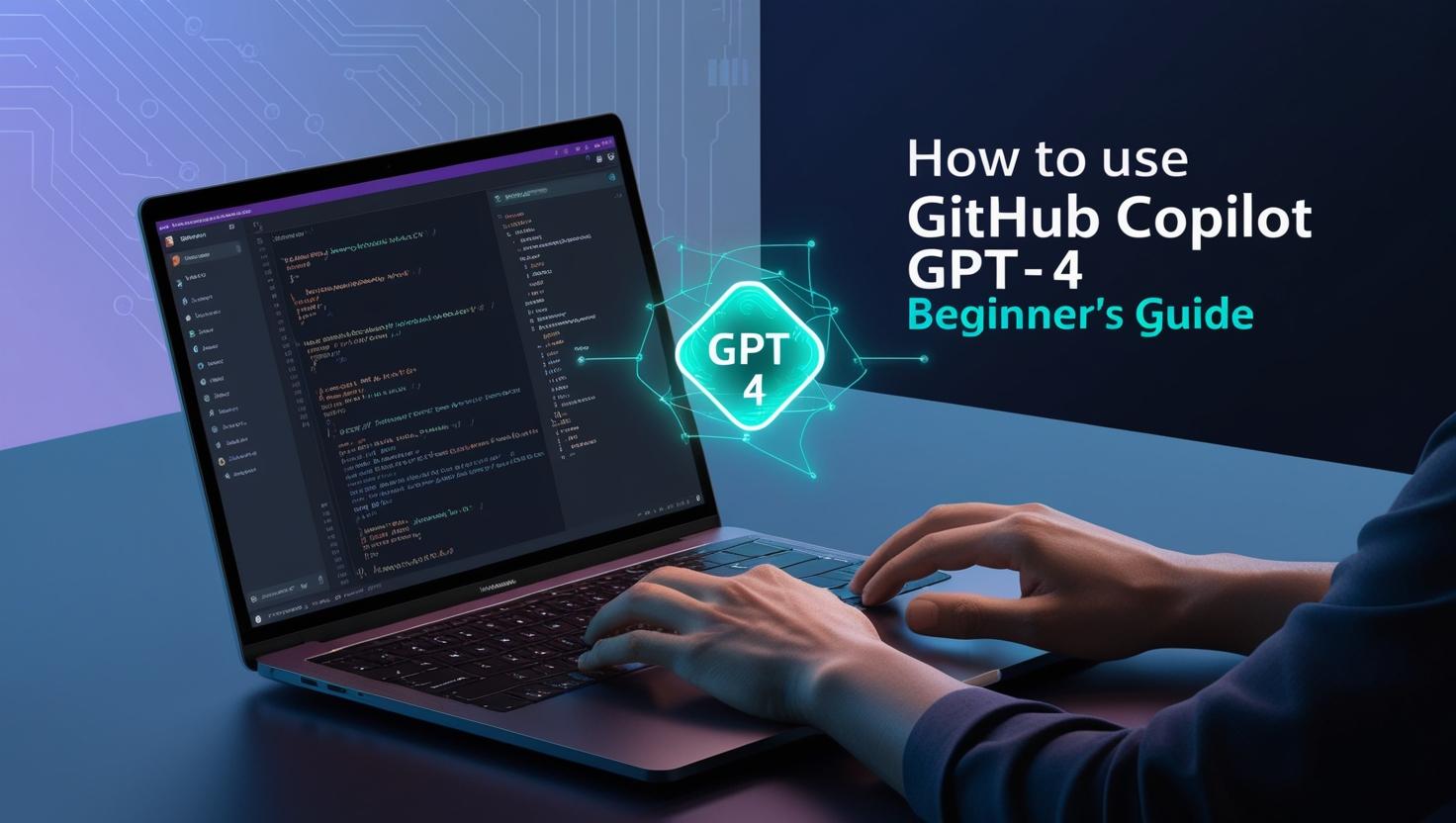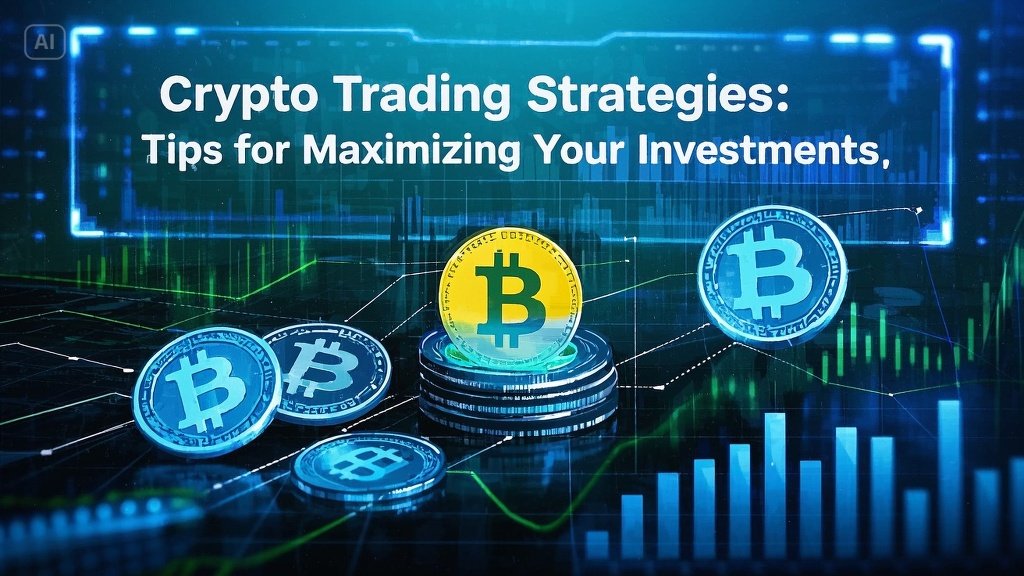Introduction
The future of work is borderless, transparent, and community-driven. Enter Decentralized Autonomous Organizations (DAOs)—blockchain-powered entities governed by smart contracts and collective decision-making. As the demand for Decentralized Work surges, professionals must adapt to thrive in this trustless, agile environment. This article unpacks the rise of DAOs, the skills needed to excel in decentralized teams, and how organizations like MakerDAO and Gitcoin are pioneering this revolution.
The Rise of Decentralized Work and DAOs
DAOs are redefining organizational structures by eliminating intermediaries and empowering members to govern shared goals. Key stats:
- Over 4,000 DAOs exist today, managing $10B+ in assets (DeepDAO, 2023).
- 58% of remote workers express interest in DAO participation (GitLab, 2022).
Case Study: MakerDAO
MakerDAO, a pioneer in decentralized finance (DeFi), allows global contributors to govern its $5B DAI stablecoin ecosystem. Members vote on risk parameters, collateral types, and treasury management—showcasing the power of Decentralized Work at scale.
Essential Skills for Thriving in Decentralized Work
1. Blockchain and Smart Contract Literacy
Understanding blockchain basics (e.g., Ethereum, governance tokens) and smart contract functionality is non-negotiable. Platforms like CryptoZombies offer free coding tutorials for DAO contributors.
2. Decentralized Governance and Collaboration
DAOs rely on proposal systems (e.g., Snapshot, Tally) and consensus mechanisms. Successful contributors master:
- Writing clear governance proposals.
- Participating in token-weighted voting.
- Navigating tools like Discord and DAOHaus for asynchronous communication.
3. Adaptability in Fluid Structures
Unlike traditional roles, DAO work is project-based and dynamic. Platforms like Coordinape use peer-to-peer rewards to recognize contributions, demanding flexibility and initiative.
4. Community Building and Trust
DAOs thrive on trust and transparency. Contributors like those in Gitcoin DAO fund public goods via quadratic voting, fostering community alignment through open dialogue.
Challenges and Ethical Considerations in Decentralized Work
Security Risks
DAO hacks, like the 2016 attack on “The DAO” ($60M stolen), highlight vulnerabilities in code audits. Regular security checks and platforms like OpenZeppelin are critical.
Governance Disputes
Concentrated token ownership can skew decisions. For example, Uniswap’s 2022 “Wormhole Bridge” vote faced criticism as venture capitalists swayed outcomes.
Regulatory Uncertainty
Governments are still grappling with DAO classification. Wyoming’s 2021 DAO LLC law offers a template, but global frameworks remain fragmented.
Case Study: Gitcoin DAO—Decentralized Work in Action
Gitcoin DAO funds open-source projects via community grants. Key achievements:
- Distributed $50M+ to developers since 2017.
- Uses quadratic funding to democratize resource allocation.
- Operates with 12+ sub-DAOs, each specializing in areas like marketing or governance.
Preparing for a Decentralized Work Future
- Upskill: Enroll in DAO-focused courses (e.g., Metacademy).
- Engage: Join DAOs like Bankless or Friends With Benefits to gain hands-on experience.
- Advocate: Push for clearer regulations and equitable governance models.
Conclusion
Decentralized Work through DAOs offers unparalleled autonomy and innovation—but demands technical savvy, adaptability, and ethical vigilance. As DAOs mature, professionals who master collaborative tools, blockchain literacy, and community-driven problem-solving will lead this paradigm shift. The future of work isn’t just remote; it’s decentralized.
Sources:
